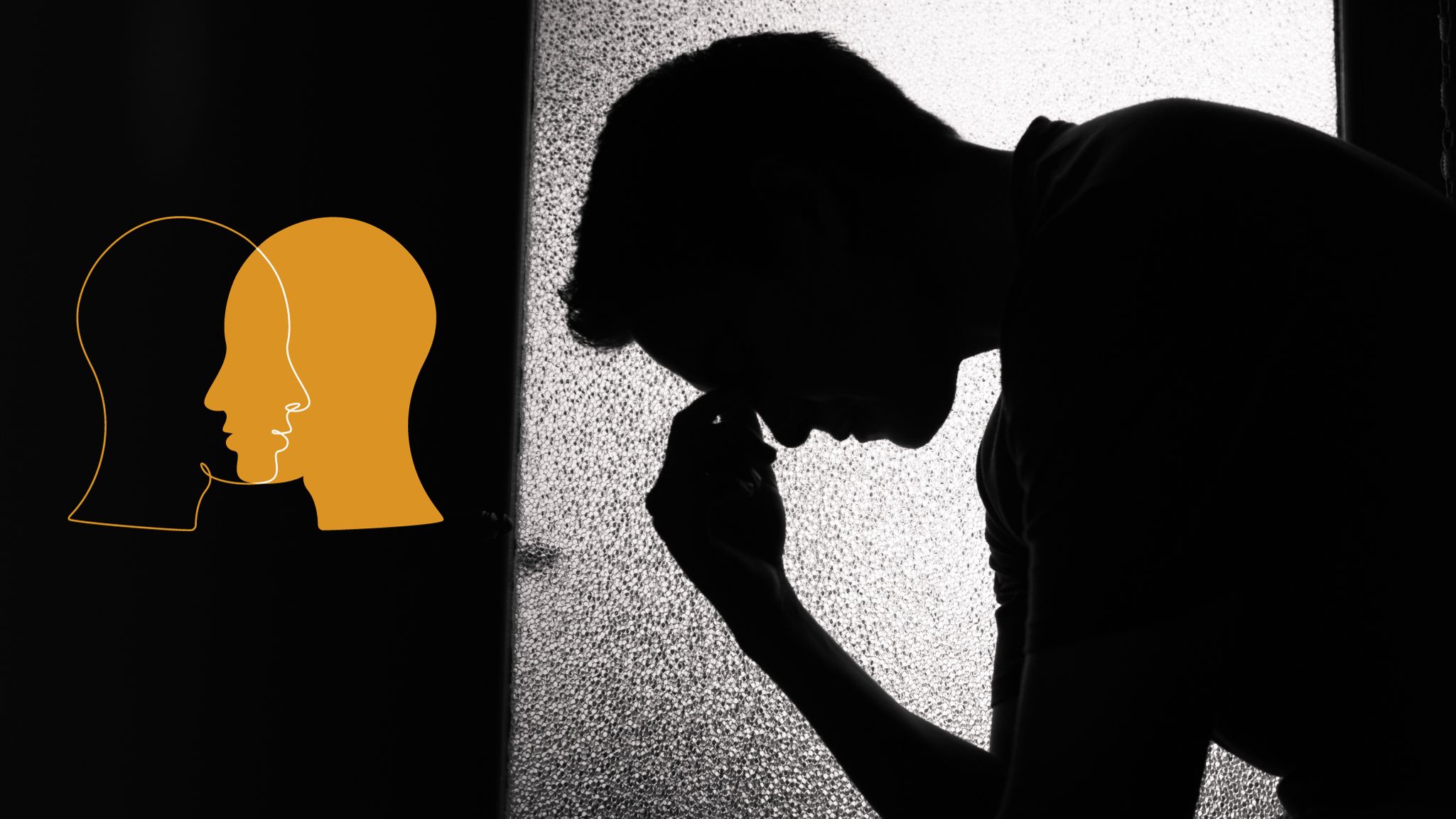Insanity Defence In Criminal Law
There are many criminal law defences which are used to try and explain why criminal liability is either mitigated or removed in any given criminal situation. Criminal responsibility refers to the notion that an individual be held responsible for his or her criminal actions which has created a particular scenario.
A defence of insanity in particular however is a difficult defence to argue. It considers a complex legal complex. If you think this is a path you will need to take in a criminal matter, you will likely require expert legal advice to see you through the process. Contact Jameson Law today for assistance with any criminal law matter.
What Is Mental Illness?
Mental illness describes a range of conditions which can range from mild to severe mental health conditions. Mental illness refers to a condition which affects the ability of an individual to make rational decisions, emotional decisions or affects their capacity to function fully.
Mental illness can create minimal impairment or severe impairment depending on the type of condition. For example, an anxiety disorder is likely to be less severe than bipolar disorder or schizophrenia due to the way that it affects both the brain and body. Mental health treatment for some conditions can be more effective than others.
An individual can have a diagnosed mental illness however but not be considered to have diminished mental capacity. The two do not go hand in hand. The mere existence of mental illness does not render a person incapable of being held responsible for their actions. It is still the burden of proof for the prosecution to prove beyond a reasonable doubt that the defendants conduct was legally wrong and they should not have diminished responsibility for their actions.
What Is An Insanity Defense?
An insanity defences works on the understanding that the individual lacks substantial capacity to be held responsible for their unlawful act or actions. This is on the basis that the person’s ability and mental state is impaired to such a degree that they are deemed to have little to no control over their actions.
Mental incompetence is difficult to prove because the threshold of medical evidence is high. The individual will need to be assessed by a psychiatrist and other treating medical professionals who specialize in mental disorders. A diminished capacity defense must always be backed up by medical evidence however this is only the first step. To prove insanity, a thorough psychological assessment is required. This is a long, often multi layered process.
Once mental competence is assessed, history is usually considered to see whether mental illness is a long standing issue. It is unusual for an insanity defense to be successful if there is no prior occurrence of mental health issues.
Case Study
Alicia has been accused of attempted murder and is due to stand trial. Her lawyers are concerned that she does not have the capacity to stand trial and are seeking to have her evaluated by an expert psychiatrist trained in forensic psychiatry. Alicia has suffered from a mental disorder for several years and has been hospitalized in several psychiatric facilities.
Alicia’s doctors have diagnosed her with having both bipolar disorder and borderline personality disorder but cannot agree on whether she also have the mental disease of schizophrenia. Alicia has been heavily medicated for most of the last 10 years.
Alicia cannot remember the incident in which she has been accused and she has no known connection to the victim. Her lawyers are arguing that her criminal behavior can only be explained by medical insanity and that she is not fit to stand criminal trial. She is also not fit for a prison sentence due to the high level of treatment she requires.
A psychiatric assessment confirms Alicia is mentally incompetent and legally insane, therefore she cannot complete a trial. The court determines that the defendant’s conduct is subject to an underlying pathological infirmity and that there is convincing evidence that she has a disease of the mind. She is remanded to a psychiatric facility.
How Is An Insanity Defense Disproved?
Proving insanity is one thing but disproving insanity is just as important depending what side of the argument you are on. An insanity plea means that an “insane defendant” cannot present any arguments against their behaviour because their defence is that the defendant’s mental state was such at the time that they cannot be held responsible.
It is the role of the prosecution to prove that the criminal conduct would not have been committed by an ordinary person faced with the same situation and the same circumstances whether mentally ill or not.
A mental illness defence is largely reliant on psychiatric evidence following an assessment of the criminal defendant. If the prosecution are able to bring conflicting evidence on this point then they have a better chance to prove sanity instead. Even a temporary insanity defense must have compelling evidence to suggest that the defendant did not have substantial capacity at the time of the offence.
Case Study
Jade has been charged with grievous bodily harm after a physical altercation with her ex husband Tristan. Jade was diagnosed with schizophrenia and bipolar in her teenage years and was able to manage these conditions effectively through the use of medication.
Following the breakdown of her marriage, Jade began using methamphetamine and this has caused her to experience drug induced psychotic episodes. Unfortunately, following a particularly bad argument over the phone, Jade has driven to Tristan’s house under the influence and banged on the door. When Tristan has opened the door, Jade has struck him to the face and knocked him down.
Jade has then sat on him and punched him to the head, neck and face multiple times until he was unconscious. Her defence is that she was criminally insane in that moment due to the effect the drugs had on her mental health conditions. She has no memory of the incident and has been assessed by a psychiatrist as not being able to be criminally responsible for her actions.
The court ultimately does not accept the insanity defense and finds Jade to be criminally responsible. They do however accept that she was experiencing a level of mental impairment at the time of the offence and that becomes a mitigating factor.
In a nutshell…
A mental illness defence is difficult to prove as legal insanity is the defence which quite possibly has the highest threshold or criteria attached. To prove legal insanity, you will need psychiatric evidence to prove that an individual lacks the capacity to stand trial for their criminal act. Mental impairment, whether it be temporary or permanent,
If an insanity defense can be proven then a few different outcomes could result. For one, a mental institution is often ordered instead of imprisonment. Alternatively, depending on the crime and circumstances, no sentence may be ordered and instead treatment required. An insanity defence should not be considered a get out of jail free card however.
Mentally abnormal offenders may still be required to serve some sentence for their actions and this could be within a psychiatric facility. Mental disease of this level is not a situation the court takes lightly.
Jameson law is able to assist you with any and all criminal matters you may have. Contact them today for fast, reliable and accurate advice.













